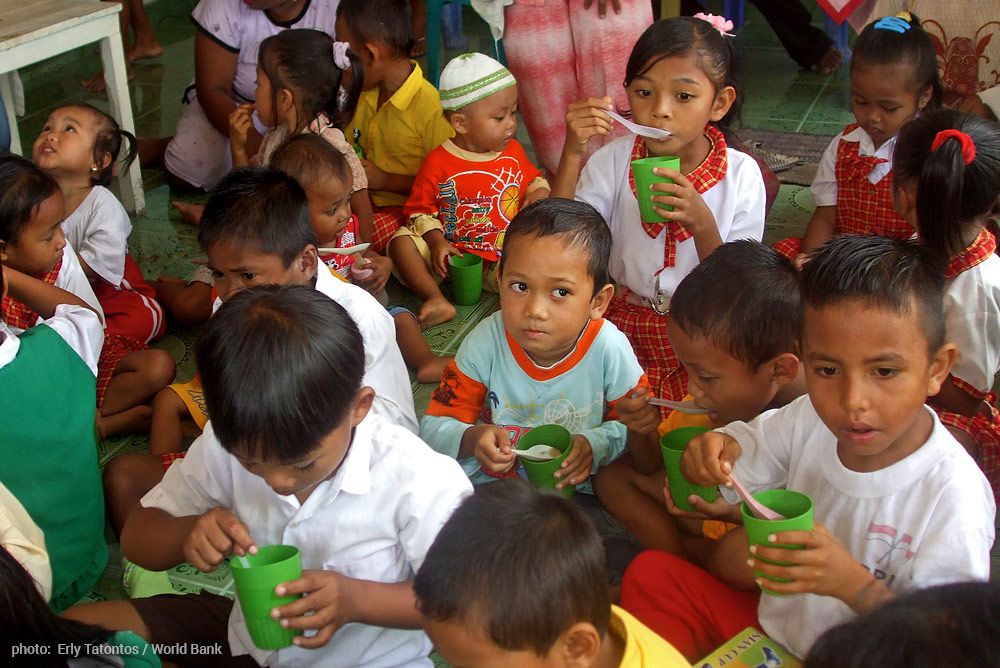MEXICO CITY – Over the last 15 years, the number of students worldwide has increased by some 243 million, a reflection of governments’ commitment to expanding access to education. But some countries have made far more progress than others, not only by increasing the share of young people in school, but also by guaranteeing the quality of that education. Closing this education gap must be a top priority.
The International Commission on Financing Global Education Opportunity, of which I am a proud member, is working to do just that. Led by former British Prime Minister Gordon Brown, who is currently the United Nations Special Envoy for Global Education, the Education Commission operates on the strong belief that education is a fundamental human right, and the route to substantially improved living standards.
The Commission is co-convened by Norwegian Prime Minister Erna Solberg, Chilean President Michelle Bachelet, Indonesian President Joko Widodo, Malawian President Peter Mutharika, and the director-general of UNESCO, Irina Bokova. And it draws on the experience of many types of leaders – including former heads of state, legislators, successful entrepreneurs and businesspeople, artists, and academics – from around the world.
There is also a youth panel that elicits the perspectives of distinguished young people. That panel is chaired by Kenya’s Kennedy Odede, who developed an educational model that combats extreme poverty and gender inequality through education, and Guyana’s Rosemarie Ramitt, an advocate for young people with disabilities. Also on the panel is Pakistan’s Malala Yousafzai, the youngest-ever Nobel Peace Prize laureate, who courageously defied the Taliban to campaign for girls’ access to education.
Click here to read the rest of Commissioner Felipe Calderón’s post.


My name is Chibuike Onyendilefu from Nigeria. I have been involved in rural orientation and sensitization particularly in the rural areas of my country to try to educate and persuade the rural poor on the need for them to acquire skills that will give them long life benefits rather than depending on government for handouts or such other poverty alleviation programs that don’t truly do anything to better their lives on the long run. We are making progress as most rural poor we engage respond positively and are willing to be engaged in acquiring some vocational training but our handicap has been the fact that we are unable to provide them opportunity of the skill acquisition we preach due to lack of adequate vocational training centres where they could be trained and also inadequate manpower to drive the needed training programs. Our government at the state level has shown commitment but it is hardly enough as they also are handicapped because of paucity of funds. What can the UN Global Education Commission do to ensure that those who want to obtain other skills other than formal education benefit from their noble project?